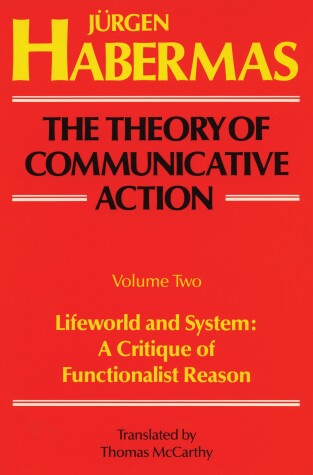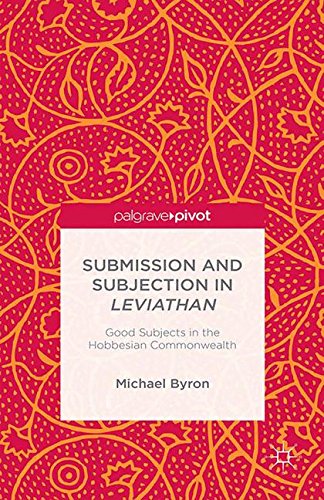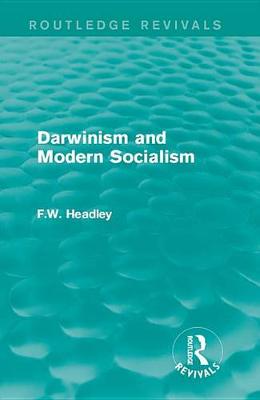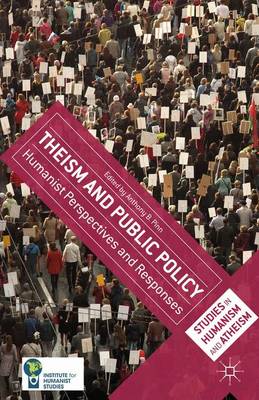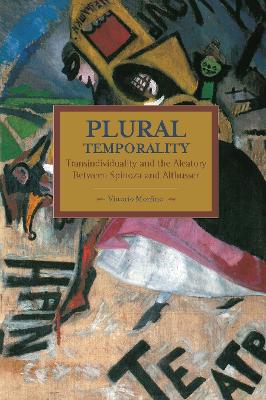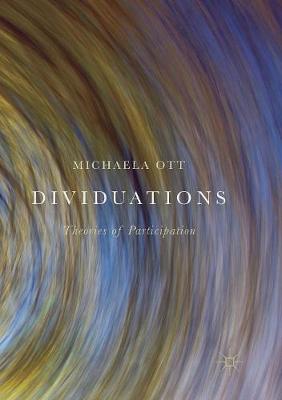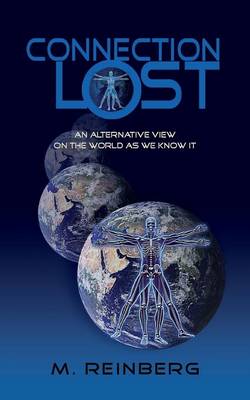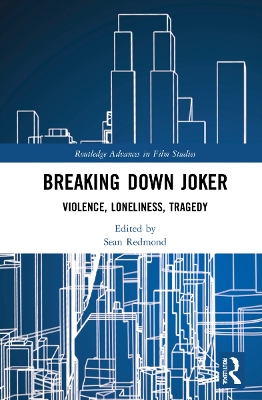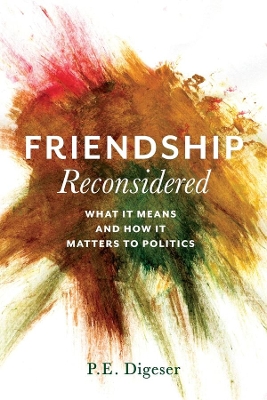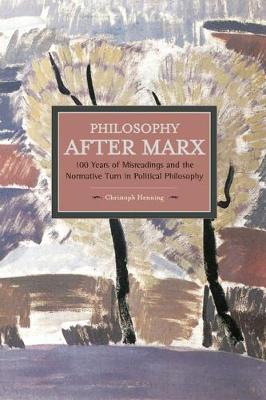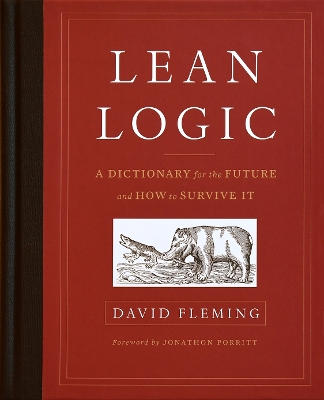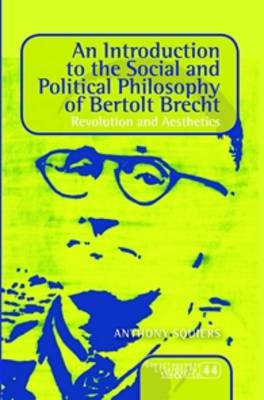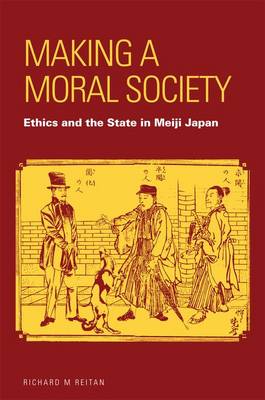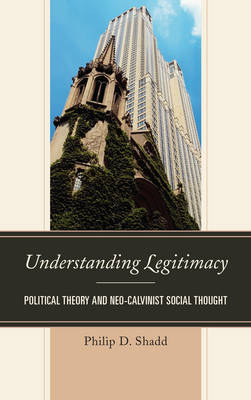A disturbing portrait of a society deliriously dreaming itself as eternal, instantaneous, and infinite.At least for the time being, we humans are still finite and mortal—but death isn't what it used to be. As the body is technologically extended in space and time, we are split between our finitude and our doubled presence in a limitless web of signs, an “immortal” world of information. After Death offers a penetrating philosophical diagnosis of our contemporary condition, describing not only an...
Juergen Habermas opens Volume 2 with a brilliant reinterpretation of Mead and Durkheim and then develops his own approach to society, combining two hitherto competing paradigms, "system" and "lifeworld." The strength of this combination is then demonstrated in a detailed critique of Parsons's theory of social systems. Concluding with a critical reconstruction of the Weberan and Marxian treatment of modernity and its discontents, Habermas sets a new agenda for the critical theory of contemporary...
Leviathan invests the sovereign with nearly absolute power, and that vast sovereign has drawn the reader's eye for 350 years. Yet Hobbes has much to say about subjects as well, and he articulates a normative conception of a good subject.
An adamant fan of Darwin, F.W. Headley attempts to argue the difficulties of believing in Socialism and Darwinism simultaneously and highlights issues which could prevent Socialism from being put into practice. Originally published in 1909, this study uses examples of communities in countries such as England and India to illustrate Headley's key belief that societies only function well if they do not interfere with the fight for existence and natural selection. This title will be of interest to...
Theism and Public Policy (The Humanities Research Centre)
Does theism dominant the language and practices of public life in the United States? This volume explores this question from a humanist perspective, and in so doing it provides insight into the relationship of religion to public policy, and offers ways to advance a more democratic and secular public arena.
Plural Temporalities traces out a dynamic historical relationship between the texts of Spinoza and Althusser. It interrogates Spinoza's thought through Althusser's and vice versa, with the intention of opening new horizons for the question of materialism. From the fragmentary intuitions Althusser produced about Spinoza throughout his life, Morfino builds a new and comprehensive interpretation of Spinoza's philosophy.
This book offers an epistemological critique of the concept of the individual and of individuality. It argues that because of our bio(techno)logical entanglements with non-human others, billions of microorganisms and our multiple (in)voluntary participations in socio(techno)logical processes, we have to conceive of ourselves no longer as individuals, but as dividuations. This dividual character which enforces simultaneous and multidirectional participations in different spheres is also apt for o...
Connection Lost, an Alternate View of the World as We Know It.
by M Reinberg
Breaking Down Joker (Routledge Advances in Film Studies)
Breaking Down Joker offers a compelling, multi-disciplinary examination of a landmark film and media event that was simultaneously both celebrated and derided, and which arrived at a time of unprecedented social malaise. The collection breaks down Joker to explore its aesthetic and ideological representations within the social and cultural context in which it was released. An international team of authors explore Joker’s sightlines and subtexts, the affective relationships, corrosive ideologies...
Both classical and modern accounts of justice largely overlook the question of how the communities within which justice applies are constituted in the first place. This book addresses that problem, arguing that we need to accord a place to the theory of 'constitutive justice' alongside traditional categories of distributive and commutative justice.
We live in a world that's constantly redesigned. Today's redesign is tomorrow's vintage look. But times of crisis rapidly change the picture. Suddenly, the whole world is in dire need of a proper redesign. From capitalism to communication, from work to supply chains, from cities to office space - it's hard to find an area of our lives that's not due for an overhaul. This is a challenge, but also a huge opportunity: to design a better world.
In the history of Western thought, friendship's relationship to politics is checkered. Friendship was seen as key to understanding political life in the ancient world, but it was then ignored for centuries. Today, friendship has again become a desirable framework for political interaction. In Friendship Reconsidered, P. E. Digeser contends that our rich and varied practices of friendship multiply and moderate connections to politics. Along the way, she sets forth a series of ideals that apprecia...
Philosophy After Marx: 100 Years Of Misreadings And The Normative Turn In Political Philosophy (Historical Materialism)
by Christoph Henning
In Philosophy After Marx, Christoph Henning writes a concise history of mis-readings of Marx in the 20th century. Focusing on German philosophy from Heidegger to Habermas, he also addresses the influence of Rawls and Neopragmatism, subsequently scrutinizing a previous history of Marx - interpretations that had served as the premises upon which these later works were based. With the recent resurgence of interest in Marx, Henning's historical recursions make evident where and how academic Anti-Mar...
Lean Logic is David Fleming's masterpiece, the product of more than thirty years' work and a testament to the creative brilliance of one of Britain's most important intellectuals. A dictionary unlike any other, it leads readers through Fleming's stimulating exploration of fields as diverse as culture, history, science, art, logic, ethics, myth, economics, and anthropology, being made up of four hundred and four engaging essay-entries covering topics such as Boredom, Community, Debt, Growth, Har...
Bertolt Brecht is widely considered one of the most important figures in Twentieth Century literature. While there is a broad corpus of scholarship which analyzes the formalistic elements of Brecht's work, much of this has been limited by formalistic approaches and has neglected his unique contributions to Marxist philosophy. This book serves to remedy this by reconstructing Brecht's social and political philosophy into a single theoretical framework for the first time. It presents Brecht's thou...
"By one of the 20th century's great psychological and social thinkers, a pocket-sized collection on the importance of disobedience and the authentic voice of the individual"--
For the Love of Words (Idiom Inventing Writing Theory)
In this volume thirteen scholars of literature and philosophy take up the challenge presented by Werner Hamacher's 95 Theses on Philology. At the close, he responds to them. It might seem unlikely at first that his brief initial publication on such a venerable scholarly discipline as philology should be heard as an unmistakable challenge, issued to us students and teachers of language and literature today, calling attention to the institutional constraints that bear on our work now and to the da...
This innovative study of ethics in Meiji Japan (1868-1912) explores the intense struggle to define a common morality for the emerging nation-state. In the Social Darwinist atmosphere of the time, the Japanese state sought to quell uprisings and overcome social disruptions so as to produce national unity and defend its sovereignty against Western encroachment. Morality became a crucial means to attain these aims. Moral prescriptions for re-ordering the population came from all segments of society...
In recent years, political theorists have increasingly focused on the question of legitimacy rather than on justice. The question of legitimacy asks: even if legal coercion falls short of being perfectly just, what nonetheless makes it morally legitimate? Yet legitimacy remains poorly understood. According to the regnant theory of justificatory liberalism, legitimate legal coercion is based on reasons all reasonable persons can accept and is conceived in terms of a hypothetical procedure. Philip...

